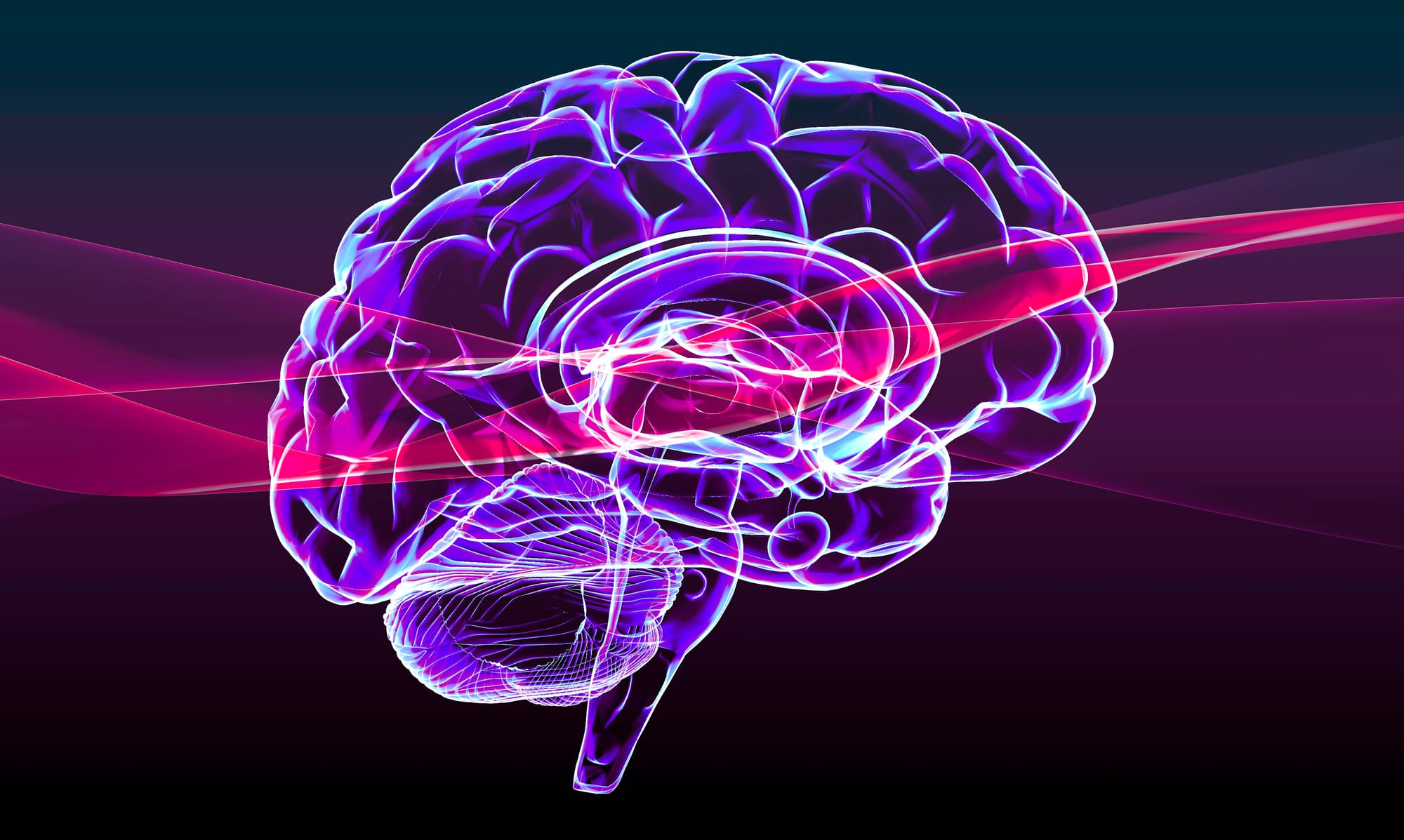Neuroplasticity, What Is It?

I know, another article on aging.
I recently read an article, while on a train, which motivated me once again to delve into this subject even more. It gave such a succinct review of exactly what it is and steps to regain “neuroplasticity”.
Why not? We are all getting to the age where we need our brains to function optimally. We thought that we could either escape Alzheimer's or die before it happened. But the truth is we are living longer and thus the requirement of the brain is extended. Our brains are approximately 3.1 lbs, and they shrink, or atrophy during the years. I have seen the shrinkage (atrophy) on many MRI’s and it is real.
Studies show that we can preserve what we have and/or accumulate more neurons, etc. to avoid this shrinkage. But, as you can imagine, that takes work. Not even a lot. A synopsis of this article will save you needing to search out the article, although, that searching does stimulate your brain neurons.
Neuroplasticity is the ability of your brain to adapt, require, and grow new connections. Despite the outdated science, neuroplasticity doesn’t stop at age 30. It just needs intentional stimulation, as if it were a garden requiring fertilizing. Let’s look at how to keep our brains sharp, strong and adaptable after 50.
COMFORT IS THE ENEMY OF NEUROPLASTICITY. Our brains grow when it is challenged, exposed to new things and when we are forced to problem solve. Simple ideas such as taking a cold shower instead of the usual warm, change routines, do things that are unfamiliar to you, books, classes, new language, learning a craft, things that need more thought.
Novelty Slows Time Down. When every day looks the same, your brain switches to autopilot, thus the saying “brain dead”. Days, weeks, years just blur. When we create new experiences, new skills, visit new places, life feels more alive, thus new neurons. Routine kills growth, and it kills your sense of life. Of course, let's talk exercise as it is the brain’s fertilizer. Resistance training and cardio stimulate BDNF, Brain-Derived Neurotropic Factor, involved in learning and memory. Remember, there are 1440 minutes in a day, do not tell me you can’t afford 30 minutes to sharpen your brain.
Stress. It destroys neuroplasticity. Chronic cortisol output shrinks the hippocampus, your memory center. Want a new lease on life? Find a way to relax, meditate, or just sit in a quiet room for 15 minutes per day, listen to soothing music, claim your personal space thus your power over your own body. Sleep around 7 hours a day. It is well proven that 10 plus hours is harmful, if for no other reason you are in bed too long and not active. To sum it up, start caring about your body. Turn off the news, it is never good.
Don't get so busy in your life that you ignore your mental and physical health. It will never be good.
Parts of this article are taken from FitOverFifty.com